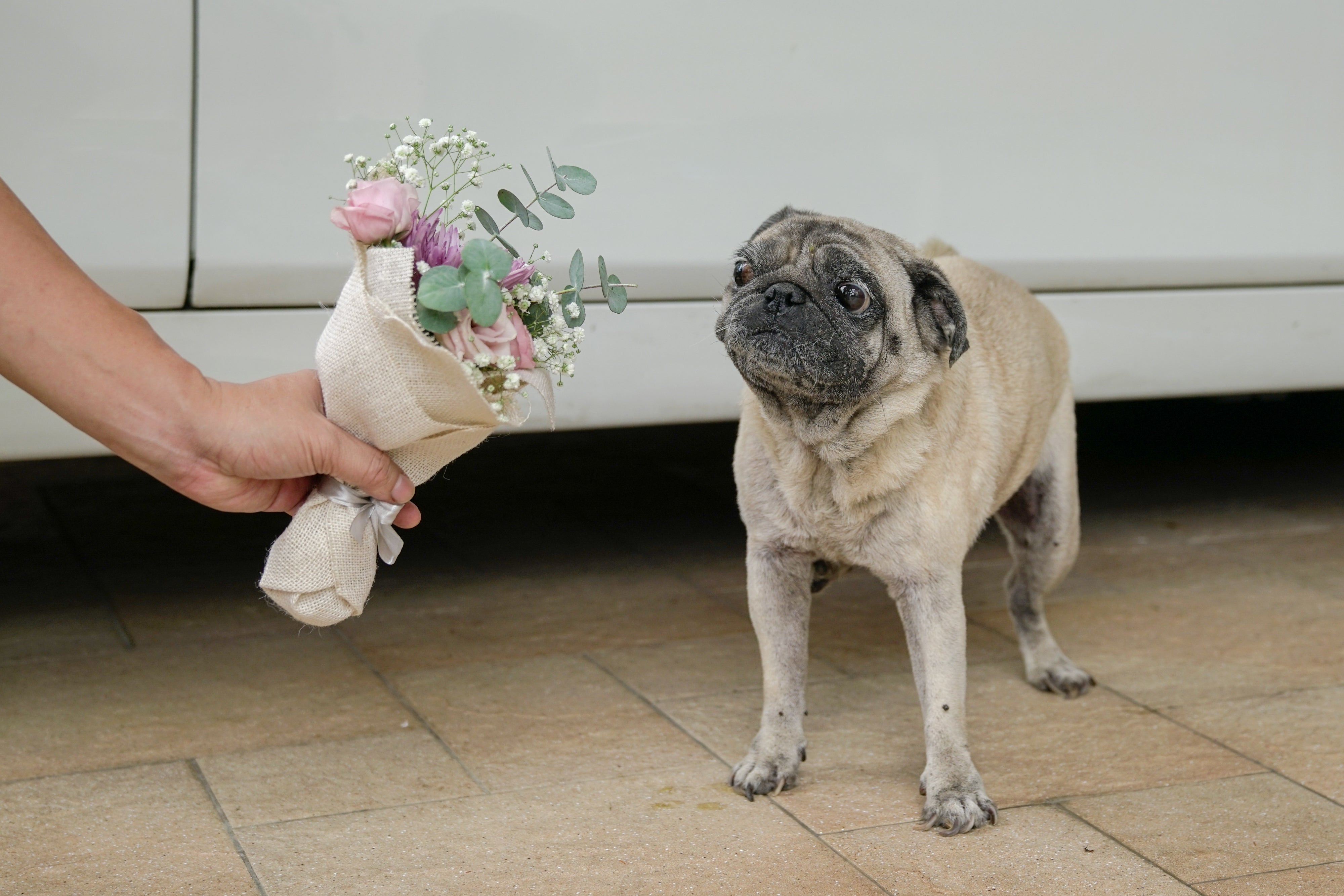Kiss goodbye to your ‘love language’
Are you a ‘gift-giver’, ‘words of affirmation’ person or do you prefer physical touch? Forget all of that, says Franki Cookney – it’s time to completely rethink how we see ourselves in relationships


I’m physical affection, my wife is words of affirmation,” my friend texts me. Over Instagram, a colleague tells me, “I used to be a quality-time girl but lately I’ve been moving towards acts of service.” “Oh my God my boyfriend is such a gift-giver,” laughs my cousin.
I’ve sent out a load of messages to my friends, colleagues and family, asking them if they know what their love languages are. That so many are able to ping me back instantly is not surprising. Everyone from Hollywood stars to Love Island contestants can cite their love languages. You probably know yours, right? Of course you do, you clicked on this article.
In case you don’t know what I’m talking about, allow me to explain: The Five Love Languages: How to Express Heartfelt Commitment to Your Mate was written in 1992 by Gary Chapman, a Baptist minister from North Carolina. Drawing on his work with couples in his congregation, he outlined five main ways people show love. They comprise acts of service, words of affirmation, physical touch, gift-giving and receiving, and quality time.
The theory had no basis in science but that didn’t stop it from taking off. The book has sold over 20 million copies (it spent almost a decade on The New York Times bestseller list), been translated into 50 languages, and more than 30 million people have apparently taken the online quiz to find out what their love language is. Now, researchers from the University of Toronto and the University of York psychology departments have conducted a thorough empirical analysis and concluded that… it’s a load of rubbish.
It’s not a wild surprise, is it? Over the years, many people have critiqued it, including relationship scientist Dr Rachel Vanderbilt, whose TikTok videos rinsing the idea regularly go viral. Chapman’s book has also been featured on the hilarious podcast If Books Could Kill. But nowhere will you find a more rampant opponent than right here, typing this column.
Look, I’m not saying quality time and words of affirmation aren’t important to me. They definitely are. And I like affection and being made to feel special with gifts. Who doesn’t? But I’ve never been able to get on board with “acts of service”. Oh, you put out the bins, did you? And I’m supposed to go weak at the knees? Give over.
“Doing stuff” is not an expression of love, it’s division of labour. Even if I lived with strangers, I’d still expect them to vacuum occasionally. And I certainly wouldn’t feel flattered if they did the washing up. On the contrary, I’d be miffed if they didn’t. You can probably guess where this is going, can’t you? Yes, that’s right, I married an “acts of service” person. More fool me.
So I’m delighted we can finally put a stop to this nonsense! The study concluded that clinging on to a “love language” limits our ability to be a good partner. Of course it does! Our needs change, and the expressions of love we might want from someone in one situation (let’s say, after a bad day at work when we need to vent) might be wildly different to what makes us feel loved in another (such as on our birthday, when we want to be treated).
“We’re dynamic beings who need different things at different times,” the study’s authors explained on sexologist Justin Lehmiller’s podcast. Well, quite. Imagine if your car broke down late at night, and you called your partner but instead of driving out to pick you up, they couriered you a bunch of flowers (“Sorry, babe, I’m a gifts guy”).
Turns out, for a relationship to be successful, people need all the expressions of love. They need to be right for the context and, for that matter, the present day. Let’s not forget, Chapman was writing in the pre-internet era. What would he make of the erosive effect of phubbing on our quality time, or how our bids for physical affection get thwarted by the bristle reaction?
Even if we hold on to the idea that love has “languages” (and I understand why we do, it’s a neat idea that we can easily parse into our everyday lives), most people agree it’s time for an update. Clara Zelleroth and Helga Johnsson Wennerdal, psychologists and founders of a new couples’ app, Ally, say “being vulnerable” and being able to confide in one another consistently shows up as the most important expression of love among today’s couples.
Other suggestions from the team behind the research include integrating your partner into your social network (I’m pretty sure they mean IRL but hard-launching them on social probably won’t hurt) and developing strategies to cope with conflict. This last one definitely resonates with me. I’ve been with my partner for 14 years and I can honestly say that our willingness to engage with and resolve conflict is one of the things I’m most proud of. The fact that we are both prepared to step up and do the work, as they say, goes a very long way when it comes to making me feel valued.
Sure, it’s not as fun as being given gifts and it’s not as instantly gratifying as a compliment, but it is a demonstrable show of commitment and, yes, love.
Just as long as he doesn’t start on about how he unclogged the bathroom plughole for me.
Join our commenting forum
Join thought-provoking conversations, follow other Independent readers and see their replies
Comments
Bookmark popover
Removed from bookmarks